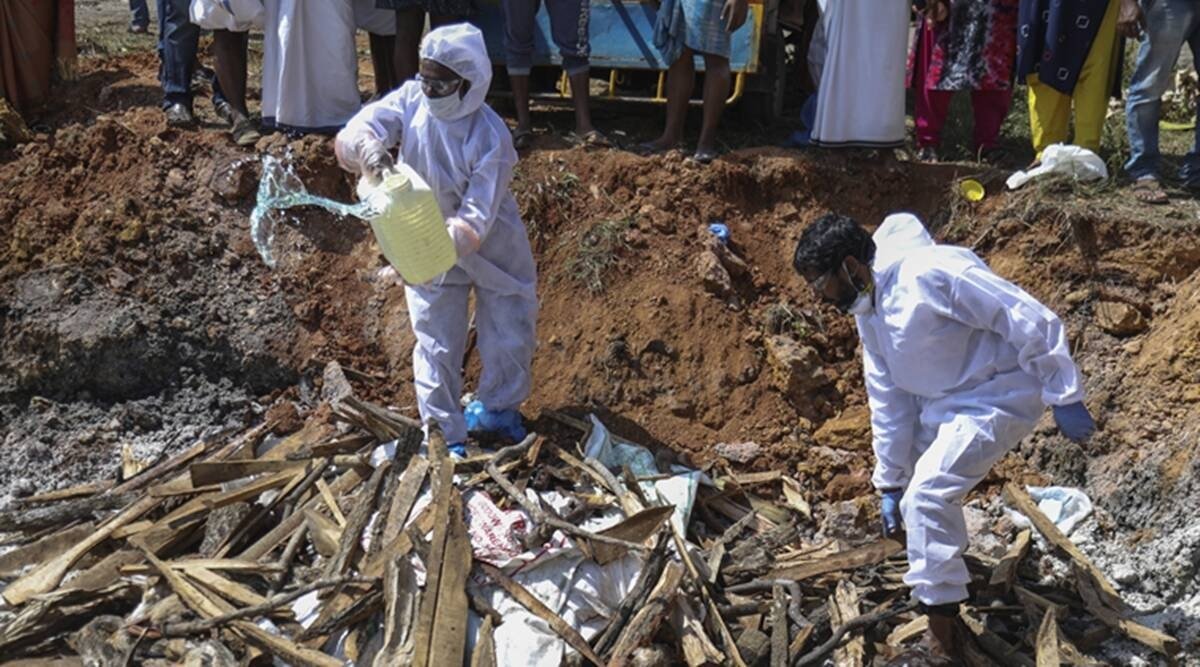A bird flu outbreak has been reported in Jharkhand’s capital Ranchi barely a week after the disease in Bokaro district led to the culling of 4,000 chickens and ducks. H5N1, a type of avian influenza virus, was confirmed among poultry in Ranchi, an official said.
“The Centre in a letter to Chief Secretary, Jharkhand, Sukhdev Singh on March 3 has confirmed the outbreak of avian influenza (H5N1) in poultry at Ranchi, directing the state for its control and containment,” he said.
The letter from the Union Ministry of Fisheries, Animal Husbandry and Dairying read, “The samples from the said epicentre (Jail More, Ranchi Municipal Corporation) were sent…to the ICAR-National Institute of High Security Animal Diseases (NIHSAD) Bhopal which confirmed on March 30, 2023 that samples are found positive for H5N1 avian influenza.”
The state government has been asked to take immediate measures including declaration of infected and surveillance areas, restricting access to infected premises, destruction of birds and disposal of dead birds and infected material.
Health experts believe that the scare is not bad and if people avoid poultry for a brief period there is no harm. “It is true that almost every strain of virus is temperature sensitive and is likely to be killed when the chicken or infected bird is cooked properly but there are other wa s in which the virus can travel from the infected birds to humans,” said head department of microbiology Rajendra Institute of medical sciences (Rims), Dr Ashok Kumar Sharma.
Bird deaths have been reported in Jharkhand for the third year since 2020, of which during two instances aviary being infected by H5N1 virus has been confirmed. Every time incident of bird deaths are reported, people give up eating chicken, eggs and ducks out of fear of being infected. Though technically the fear can be described as ‘unfound’, the precaution exercised is appreciated by the experts of social medicine.
Head department of preventive social medicine at Rims Dr Devesh said that several influenza viruses, infecting the humans have come from animals.
“Influenza viruses are known to have the characteristics of ‘drift and shift’ indicating that they mutate easily and no one knows when these viruses mutate and start affecting humans,” he said.
Kumar explained that the pathogenicity of the virus is high and it is often noticed that it spreads in the barn very fast killing birds in masses. “Prevention is better than cure and it is important to check the viruses within the poultry and prevent it from infecting humans,” he said.
Sharma said when they are culled it is mainly to prevent healthy birds from getting infected but precaution should be exercised in culling and disposing dead birds. “Those handling dead birds should take every precaution as the viruses are very much active,” he said. Sharma added that same applies during dressing and cooking of the chicken or ducks. “Those who dress or cook the flesh are at the risk of picking the viruses, though it becomes inert after being cooked,” he said.
Source: Deccan Herald, Times of India
























